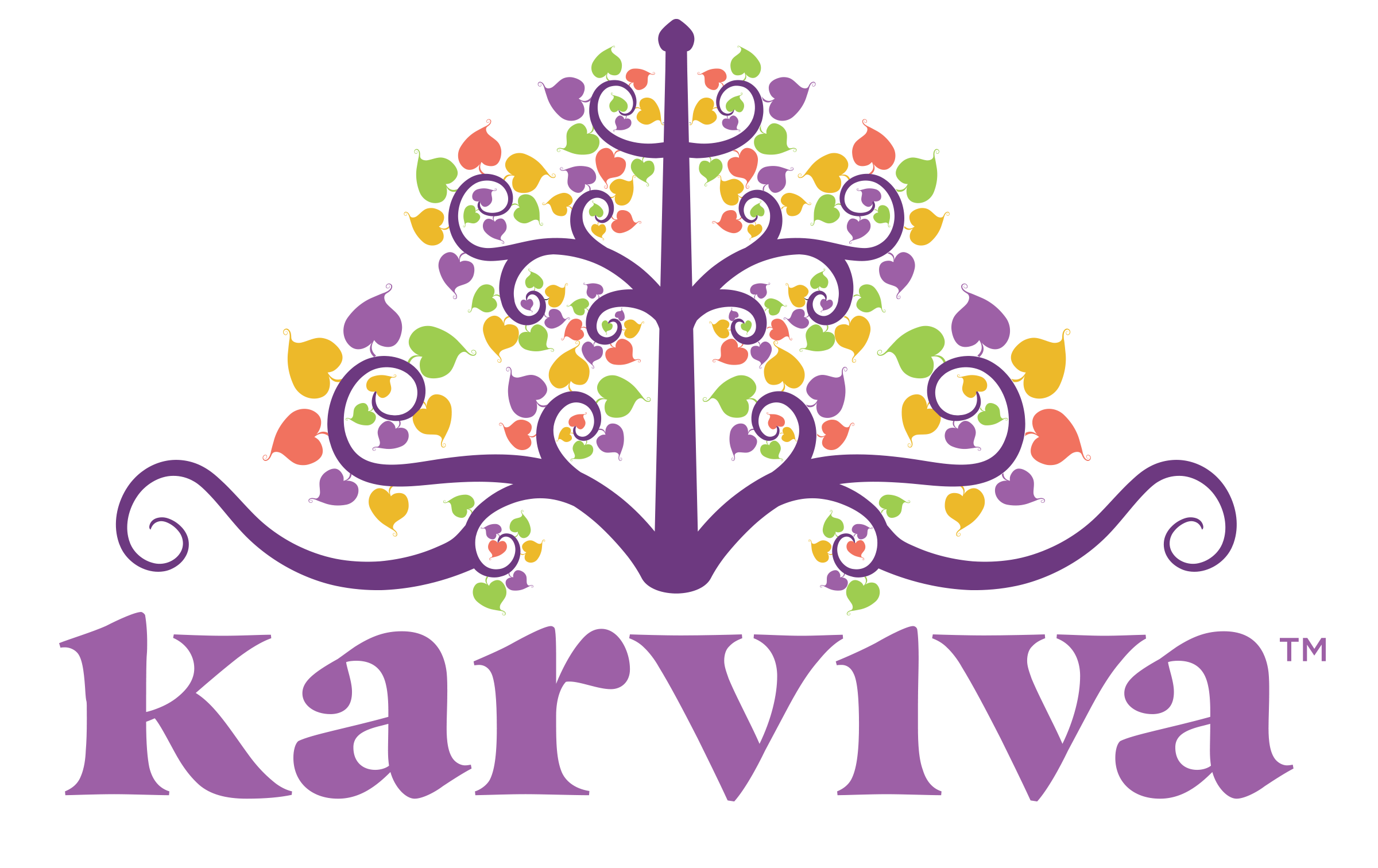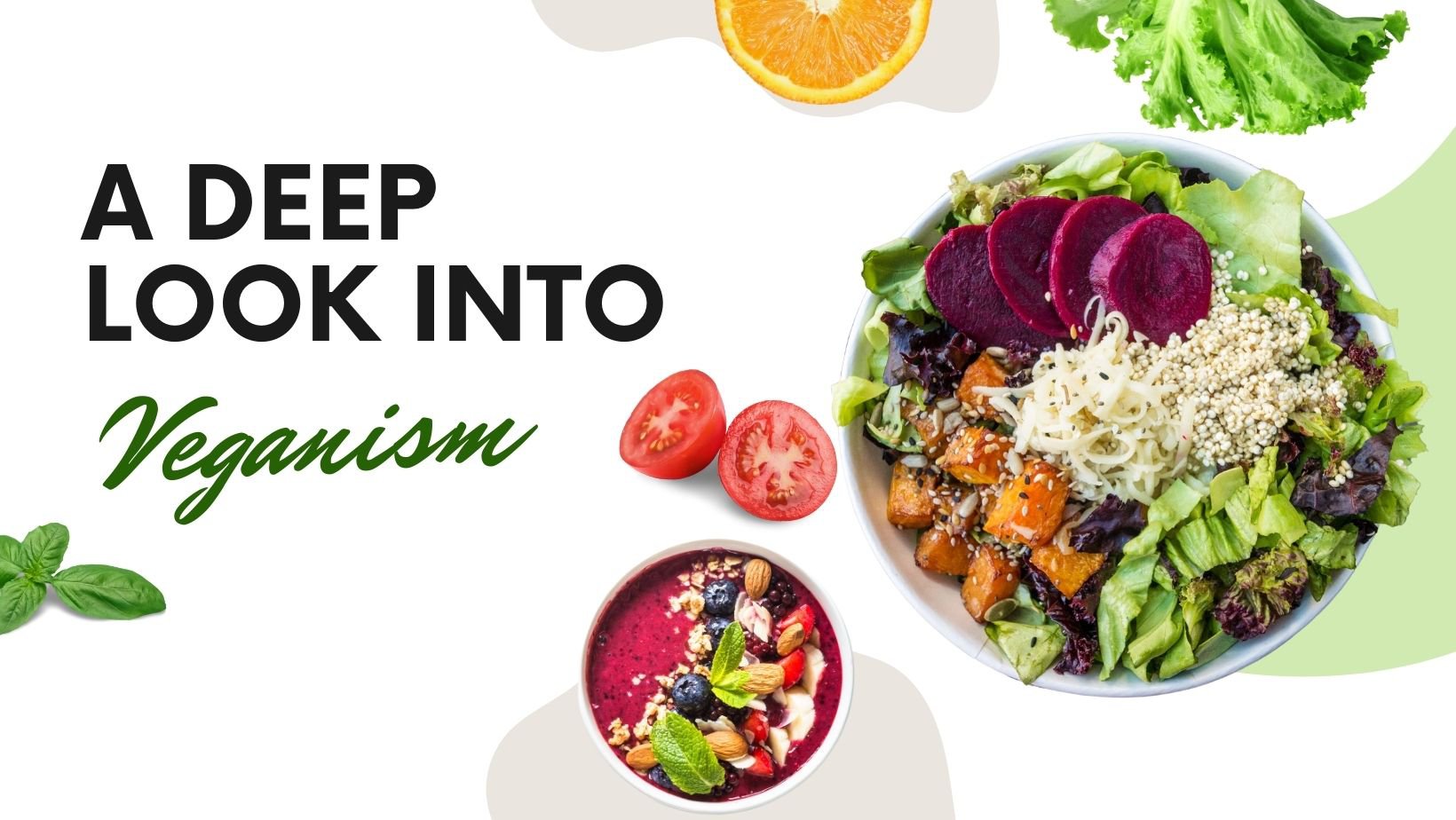Veganism isn’t a new fad diet. It’s been around for decades. But, it has been receiving some much-needed attention lately. Let’s learn more about it in the following sections.
What is Veganism?
Veganism is a practice or way of living which advocates removing all forms of animal cruelty and exploitation from one’s life.
People whose diet and lifestyle choices follow strictly abide by these set of set principles are called Vegans.
Unlike vegetarians, vegans opt not to consume eggs, dairy or any other products (like clothing) derived from animals, in addition to not consuming meat.
Why follow a Vegan Diet?
People follow a vegan diet for different reasons. Below are some of them:

1. Some people are inspired to become vegans for ethical reasons. All animals have a right to live and should have freedom from any form of cruelty.
2. Some choose to be vegans for other environmental factors. According to PETA (People for the Ethical Treatment of Animals), animal agriculture is the leading culprit of climate change. Animal agriculture contributes greatly to nitrous oxide, methane, and carbon dioxide emissions, all of which are harmful pollutants.
3. Some children inherit veganism as a way of life from their vegan parents and find it the most natural diet to follow.
4. Some are simply allergic to meat.

5. Some Vegans prefer the taste of plants compared to animal products.
6. Some choose to be a Vegan for other health reasons such as those highlighted in the following Harvard Medical School Review, Newsweek, and Wall Street Journal reports.
The Importance of a Well-Balanced Vegan Diet
As a vegan, you’ll be staying away from all animal-derived foods. With meat no longer a part of your diet, it becomes essential that you adopt a well-balanced vegan diet to prevent nutritional deficiencies that can affect your health in the long run.

A well-balanced vegan diet serves to PREVENT the following:
- A diet LOW in EPA and DHA. EPA and DHA stand for eicosapentaenoic acid and docosahexaenoic acid respectively.
- Vitamin D deficiency.
- Vitamin B12 deficiency.
- Zinc deficiency.
These two tables highlight foods and nutrients to incorporate into your vegan diet.
Eat more of these foods:

The Verdict
A vegan way of life may be hard for some people to embrace. Rest assured, however, it’s a fulfilling, healthy, and uplifting path when followed correctly. At Karviva, we promote Whole Plant Based Diets by favoring clean, minimal processed whole plant ingredients that have been well studied by medical and nutritional researchers. We believe that the choice to be a vegan is a personal one which can in fact provide the means to achieve better health for their bodies and mind if attentive care is paid to balance and wholeness.
You can find further advice on how to adapt to vegan life style on our website





